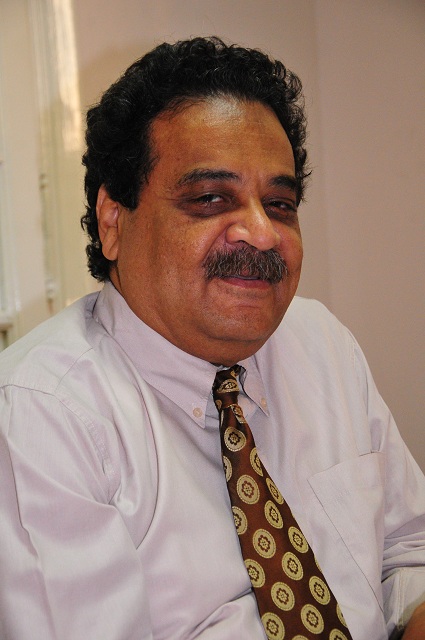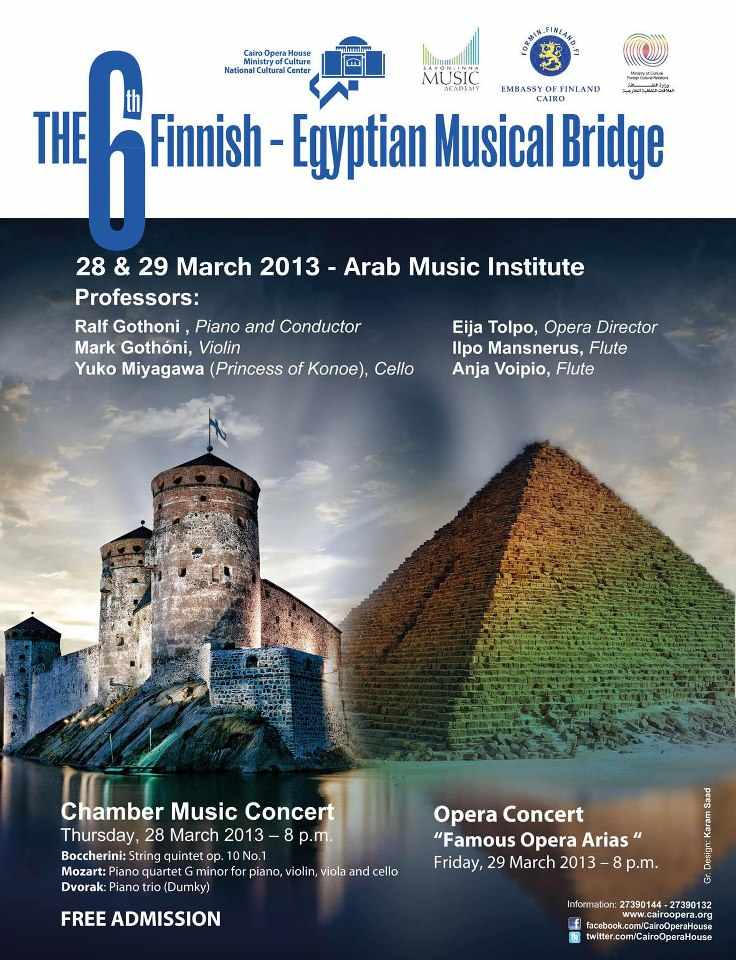
In the previous article, I explored some of the Egyptian Social Democratic Party’s attempts at working on the ground. In this article, I will discuss some of the party’s promotional activities for the constitution.
The party discussed voting in the constitutional referendum for about a month, and after both groups (pro and against the new constitution) were represented, members voted in an anonymous poll. The result was 75% for voting “yes” in the referendum despite many reservations towards some articles in the constitution. The decision also included a pledge to continue the fight to change what we considered flawed articles in the future given that our resistance against the oppressive state of Mubarak and the Brotherhood is not over.
After the constitution was issued, the party held many conferences for the people across the country. I attended for instance, the following conferences: Sers Allyan city in Monofeya, Deerb Negm in Al Sharqiya, Imbaba and Al Omraneya in Giza, Matay city in Minya, Itlaqa city in Al Beheira’s capital Damanhour, Al Mandara village- Dayrout city in Assiut, Al Qaysareya- Al Mahala city in Al Gharbeya, and Beni Suef. There were many other conferences hosted by party leaders in addition to tens of lectures and meetings organised by members of the party, including two meetings in Abu Tig city in Assiut and another one in Al Fashn in Beni Suef.
Some notes regarding the purpose intended, the lessons learned and the challenges faced:
Firstly, the party paid special attention to communicating with Egyptians inhabiting small cities and low-income neighbourhoods, the first time it has done so since it was founded. This is a positive development and also indicates that the party now has some presence in these cities and neighbourhoods. I was very proud when we visited the party’s headquarters in Al Qaysareya since it is a small office that was opened up through personal contributions without any support from the main headquarters.
Secondly, most of the members in these small cities are new members, not founders or leaders. This new blood could change the organisational or even social structure of the party. These new memberships will turn into a positive development if the party’s leaders are capable of including them in the party’s main political and organisational structure. This requires a lot of work – specifically, educational effort to decrease the gap between the party’s leaders and the new members. The party’s memberships are greatly linked to the amount of trust in the leaders’ agenda and what they stand for. If the trust is breached for any reason, the party will be threatened with a rift between its ranks. This is important due to the great attacks suffered by the democratic parties from the supporters of the old regime.
I went to the conference held by the party in Sers Allyan. This village that was successful in eliminating illiteracy in the past before any other village in the Middle East and Africa. That is why the UNESCO set up its regional headquarters for adult illiteracy elimination program in the village. I also proudly belong to this village. The conference was one of the best that we held when it comes to organisation. The local leaders were the ones who took care of everything headed by the party’s secretary there Hajj Hussein Ashmawy, a retired Egyptian teacher who joined political life after the revolution. He sadly died several hours after the conference ended. He passed away after three years of devout loyalty to the country, God rest his soul.
Thirdly, these conferences and meetings denote that the party has some popularity on the ground. This allows the party to be affected by the people’s opinions and general moods directly through its members or indirectly through the members’ interaction with the public. When the general mood is that of a revolutionary streak, the effect is positive, but what happens when the general mood is reactionary or overly conservative?
When a party is very popular and has a huge base, they gain leverage. Such was the case with the Al-Wafd Party before 1952, and it was possible for its leader Al-Nahas to side with the Allies in February 1942 against the majority who wanted to side with the fascist powers. Al-Nahas was against the general consensus, which seemed to side with Hitler as a way of resistance against the British colonisation. However, he refused to give in the general mood and sided with the international democratic powers. Even though the party might not have understood completely Al-Nahas’ position, they still sided with him due to their trust in him as a leader and in the party’s integrity.
The popularity of the Egyptian Social Democratic Party and all of the other democratic parties does not have that kind of historical trust, which enables the party leaders to understand the general mood of the populace and direct it. The question then, remains: do we give in to the conservative or reactionary general mood or do we refuse and sacrifice our popularity?




